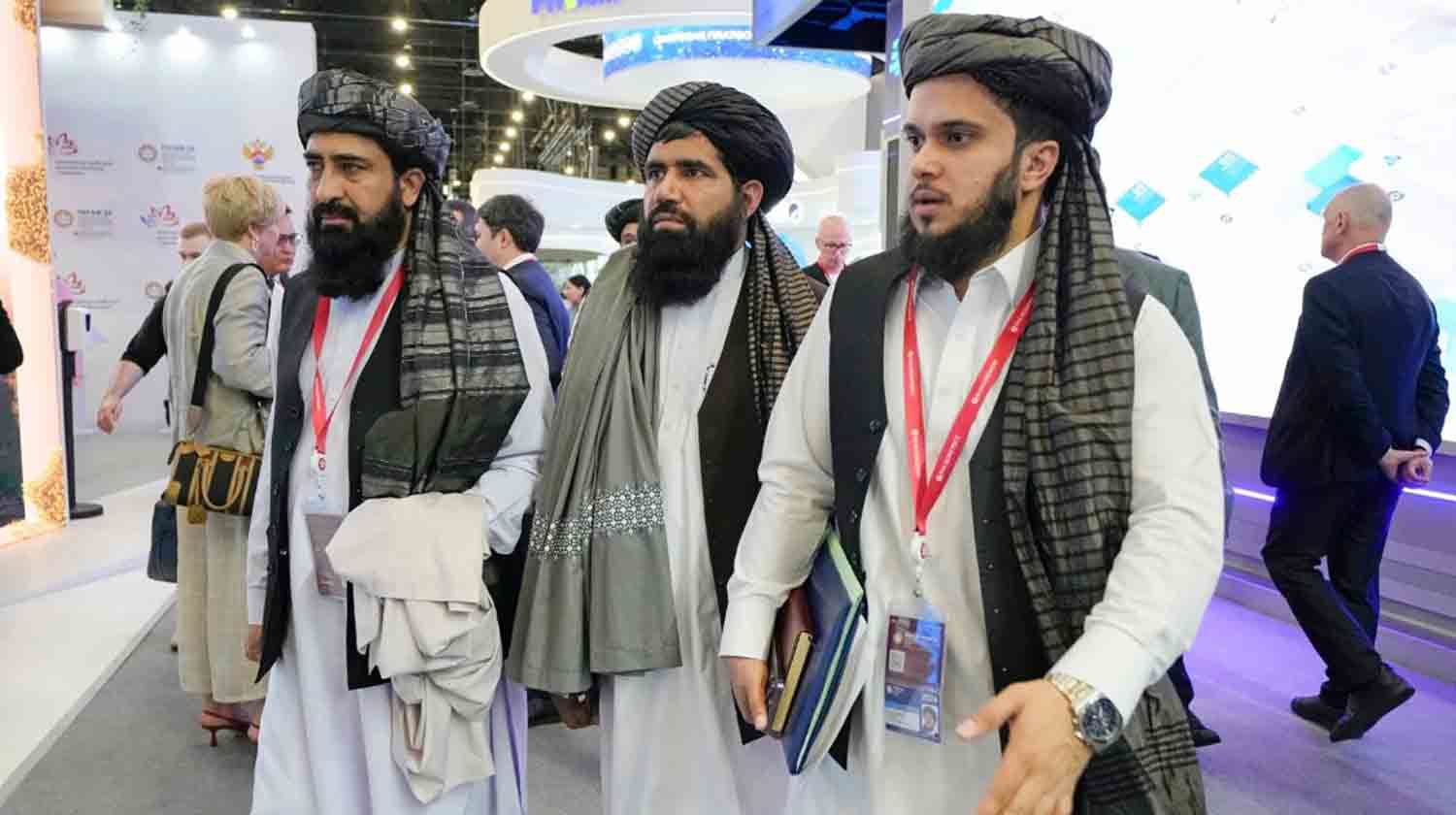Recent reports indicate that Russia has sent as many as 200 military instructors to Equatorial Guinea in the past few weeks to bolster presidential security. This move highlights Moscow’s efforts to expand its presence in West Africa, even following a setback in Mali.
According to sources, these Russian instructors are engaged in training elite security forces in the two primary cities of the small oil-rich nation, which has a population of approximately 1.7 million. U.S. energy companies had previously invested billions in the country during the early 2000s but have since reduced their involvement.
This deployment is part of a broader trend of diminishing Western influence and increasing Russian activity in West and Central Africa. Moscow has dispatched thousands of mercenaries to support military governments and assist in combating insurgent threats.
For Russia, these missions not only provide financial benefits through government contracts and opportunities in sectors like mining and energy but also serve to challenge Western authority amid a larger geopolitical struggle, particularly evident in the context of the situation in Ukraine.
In Equatorial Guinea, President Teodoro Obiang Nguema Mbasogo, who has been in power since a coup in 1979 and is preparing his favored son as his successor, may find Russian security forces instrumental in protecting the ruling regime from potential threats.
During a visit to Moscow in September, Obiang expressed gratitude to Russian President Vladimir Putin for dispatching “instructors” to bolster the defenses of Equatorial Guinea, as reported by the state news agency TASS.
Reuters conducted interviews with three diplomatic sources, an opposition representative, a civil society member, and two individuals with close ties to the government in the former Spanish colony.
These sources, who requested anonymity, confirmed the presence of Russian personnel in Equatorial Guinea, with estimates suggesting that between 100 and 200 Russians have arrived in the last two months.
Two sources indicated that the military contingent might include troops from Belarus, a Russian ally, while one was identified as part of an elite Russian paratrooper unit. Additionally, two sources suggested that these individuals could be affiliated with Africa Corps, a paramilitary group under Kremlin control.
Equatorial Guinea’s foreign ministry, along with the defense and foreign ministries of Russia, did not provide comments when approached for information.
Will Brown, a senior policy fellow at the Africa programme of the European Council on Foreign Relations, noted that Russia is pursuing a strategy of “opportunistic expansion,” which has diminished Western influence while offering certain services.
Salaries payable in cash or cryptocurrency
According to two sources, Russian personnel are present in the capital city of Malabo, situated on an island in the Gulf of Guinea, as well as in Bata, located on the mainland between Cameroon and Gabon.
This deployment follows the appearance of job advertisements in June on Russian pro-military Telegram channels targeting private security contractors.
Recruiters were offering six-month contracts with monthly salaries ranging from $3,000 to $5,000, payable in cash or cryptocurrency. The initial advertisements have since been removed.
Diario Rombe, a Spanish news outlet affiliated with Equatorial Guinea’s opposition, has released several images depicting white men in military fatigues alongside local troops, with three individuals displaying Russian flags on their uniforms.
Using facial recognition technology, Reuters has identified one of these individuals as an elite paratrooper with a history of service in southern Russia.
Sources from Reuters indicate that a primary objective for Russia is to safeguard Teodoro Nguema Obiang Mangue, commonly referred to as Teodorin, the affluent son of President Obiang and the vice-president who is widely regarded as the likely successor. Teodorin has faced numerous investigations, criminal charges, sanctions, and asset confiscations in the United States, France, and the United Kingdom related to embezzlement and money laundering.
In the 2000s, U.S. energy companies such as Exxon Mobil Corp and Marathon invested substantial amounts in Equatorial Guinea, viewing the Gulf of Guinea as vital for fulfilling U.S. energy needs. However, interest from the U.S. has diminished as domestic production has increased.
Currently, Equatorial Guinea’s crude oil output stands at approximately 80,000 barrels per day, a significant decline from its peak of over 300,000 barrels two decades ago. On September 27, Russia’s Interfax news agency reported discussions between the two nations regarding the entry of Russian firms into Equatorial Guinea’s oil and gas industry.
A spokesperson for the U.S. State Department stated that the U.S. encourages all nations, including Equatorial Guinea, to refrain from engaging in transactions with Russian defense entities or Kremlin-affiliated proxies, warning that such actions could lead to “serious consequences under U.S. law.”
Obiang has withstood multiple coup attempts, notably in 2004 when mercenaries, supported by foreign investors, sought to remove him from power. Historically, he has strengthened his presidential security by incorporating personnel from Morocco and Israel.
In recent years, Russia’s influence in Africa has largely been propelled by the private military company Wagner Group, which has deployed thousands of operatives to the Central African Republic and Mali.
In July, Wagner faced a significant defeat, with numerous operatives killed in clashes with Tuareg rebels and militants affiliated with al Qaeda in northern Mali.
Following the demise of Wagner’s founder, Yevgeny Prigozhin, last year, Moscow has increasingly relied on the Africa Corps, which analysts suggest is more tightly controlled by the Kremlin, for its operations in Africa. Members of the Africa Corps are currently stationed in Burkina Faso and Niger.
Discover more from Defence Talks | Defense News Hub, Military Updates, Security Insights
Subscribe to get the latest posts sent to your email.





